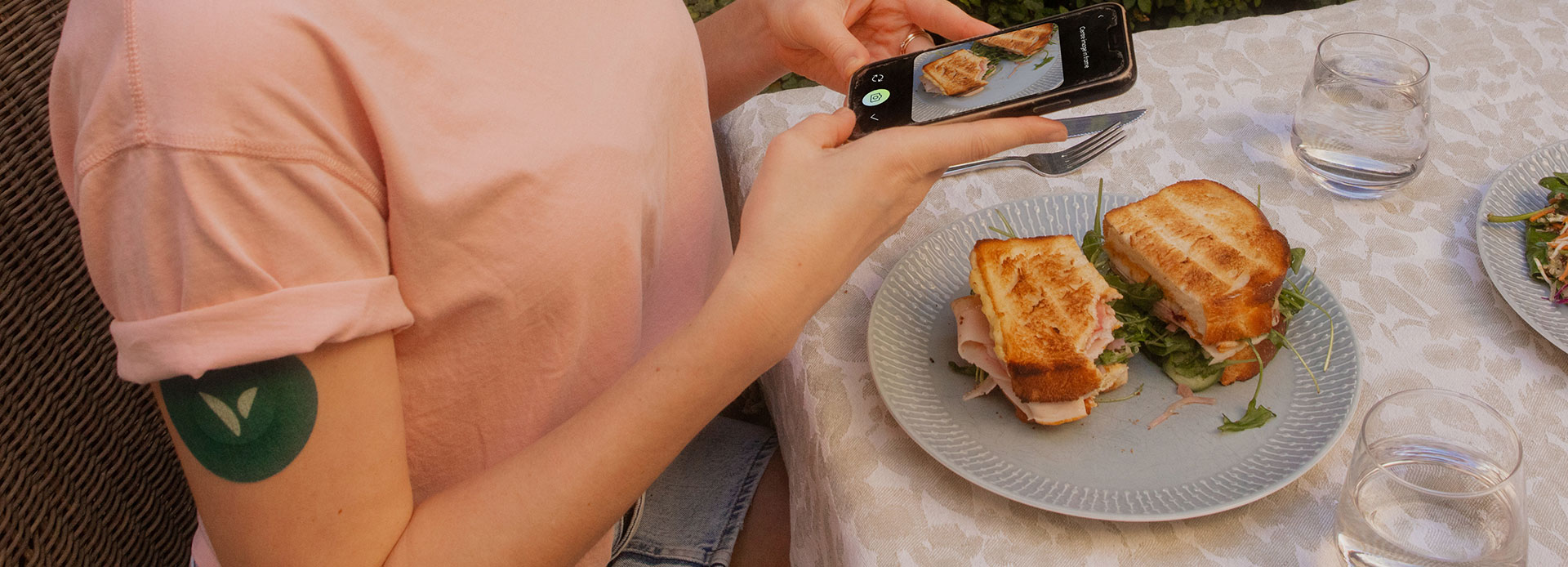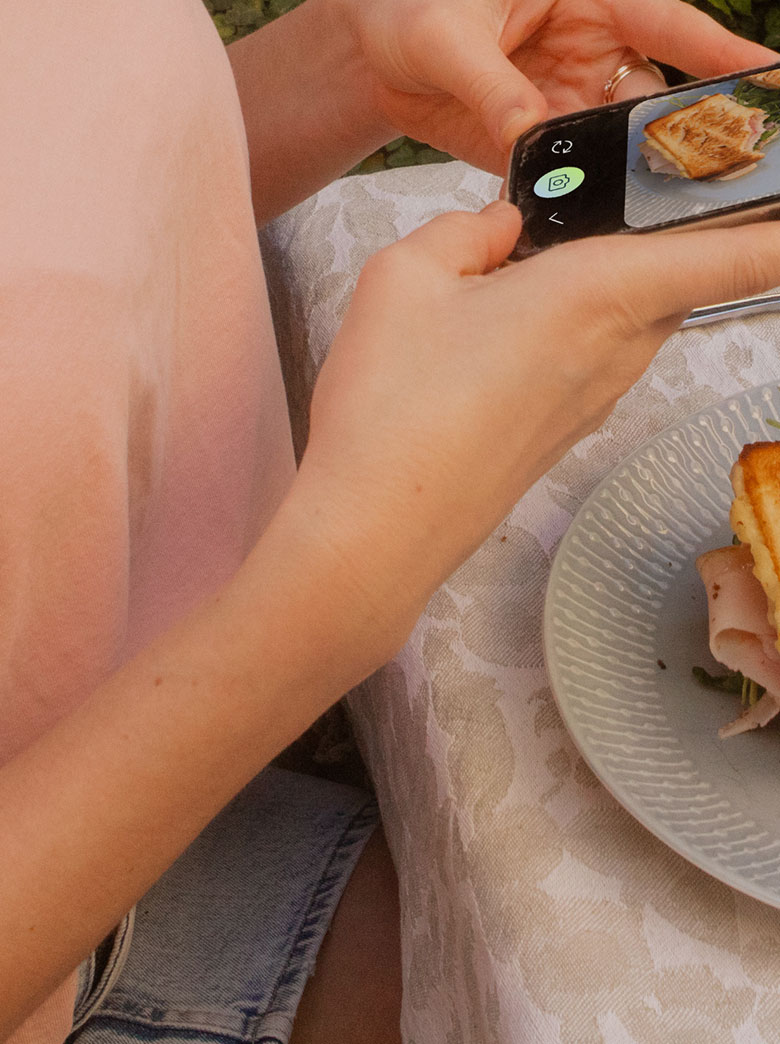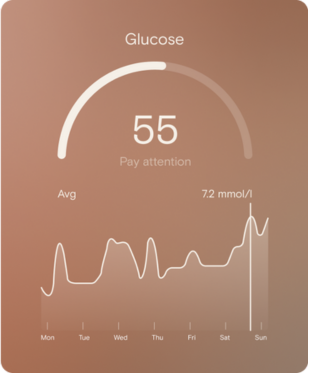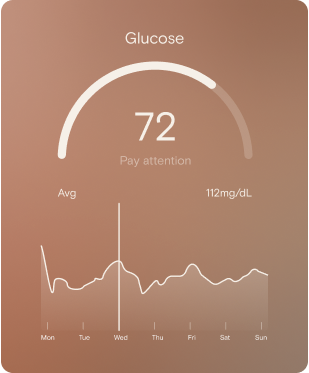Choose how you’d like to begin
CGM program
Optimise metabolism in real time with sensors

Advanced Blood Test
Get your baseline health report and personalised plan



.png)
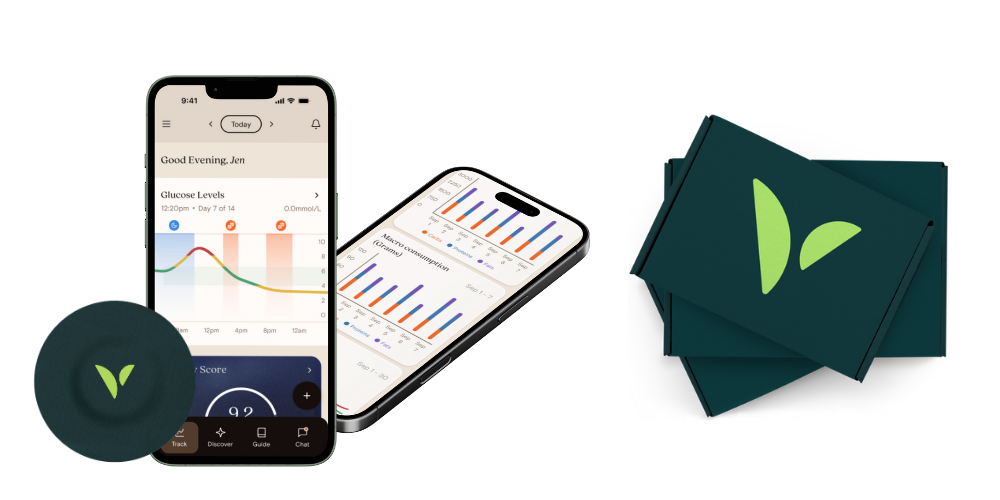












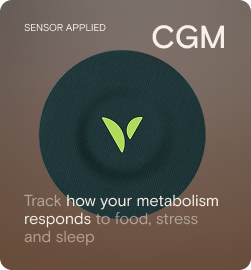
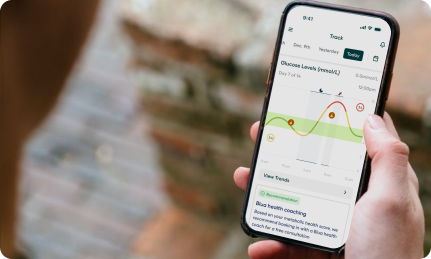
.png)
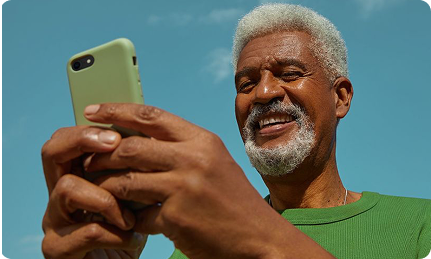

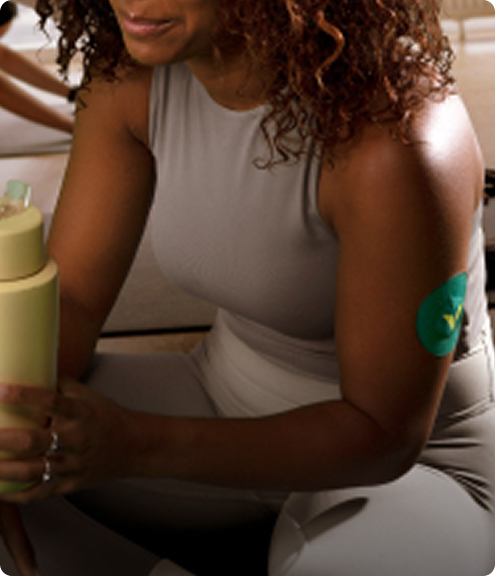
See how your body responds to food, sleep, and exercise with continuous glucose monitoring.

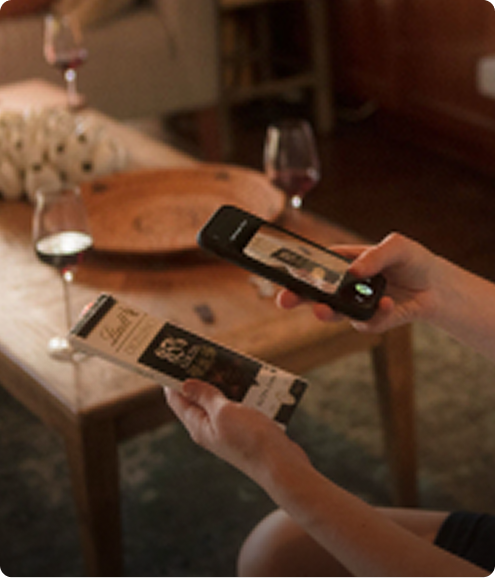
Understand your daily patterns and see how your choices affect your overall wellbeing.


Follow simple, actionable programs designed to build healthier routines.
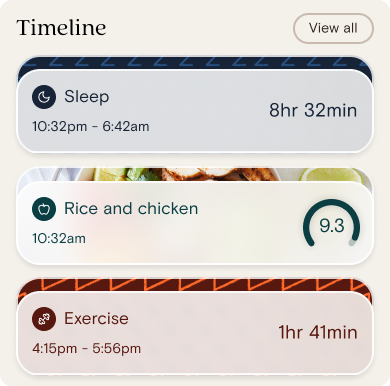
Monitor trends over time and stay motivated with clear, visual progress insights.
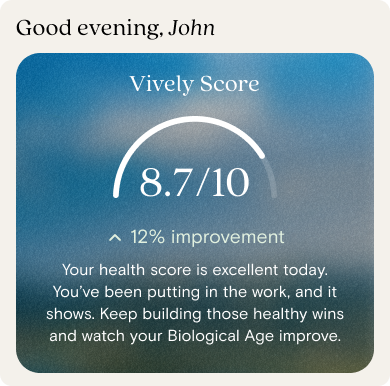

See how your body responds to food, sleep, and exercise with continuous glucose monitoring.


"The sensor was so much better at tracking my glucose than using a Freestyle Libre on its own"


Understand your daily patterns and see how your choices affect your overall wellbeing.


"It was incredible to see how some meals I thought were healthy were causing my sugars go so high."


Follow simple, actionable programs designed to build healthier routines.


"I was able to make a couple of changes to my routine and I felt a big impact straight away"

Monitor trends over time and stay motivated with clear, visual progress insights.


"It makes so much sense to have everything in one place that I can just glance at when I need support"

